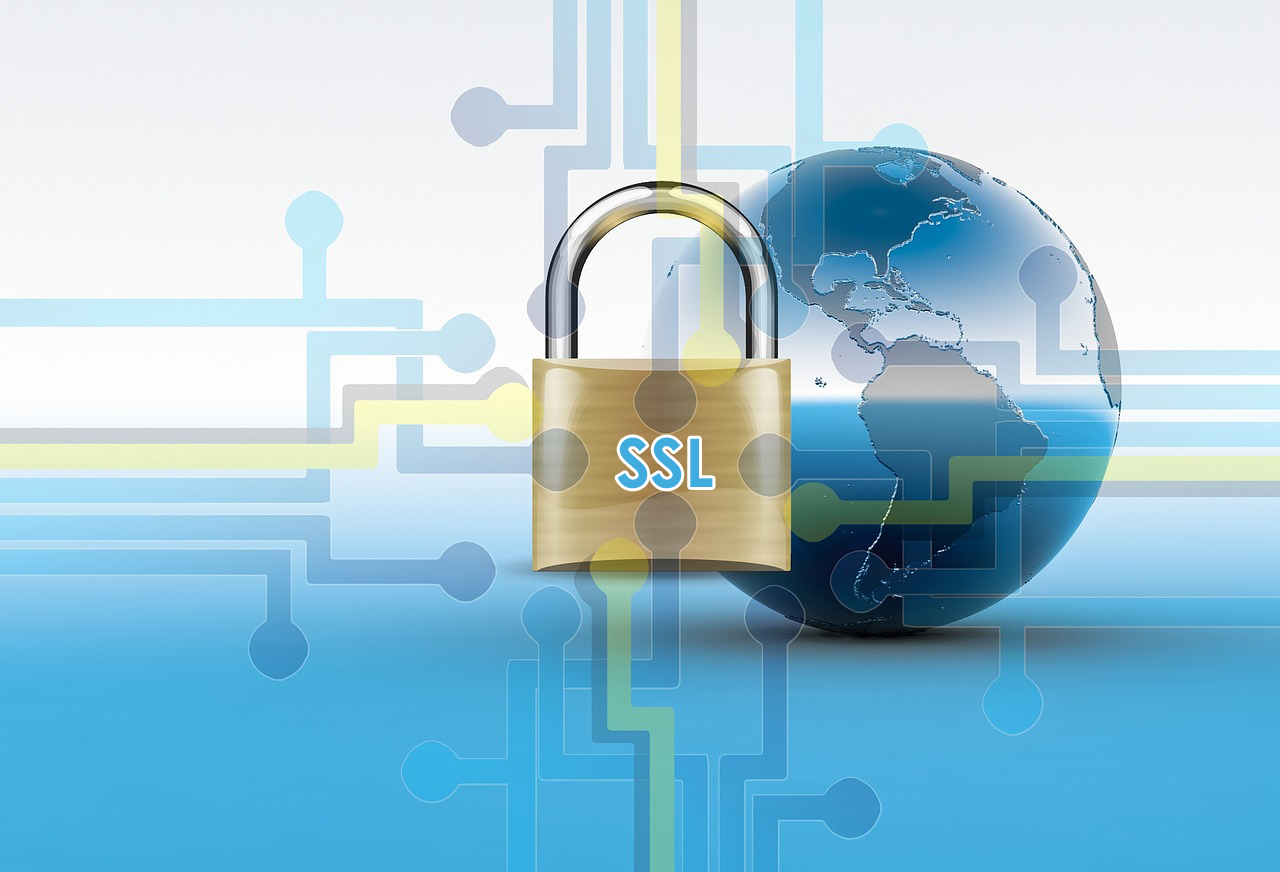
What is SSL Certificate?
SSL certificate stands for Secure Socket Layer, and it is used to create an encrypted connection between website visitors devices (clients) and the server hosting the website.
In a nutshell, an SSL certificate is used to secure personal information that is being entered into a website such as usernames, passwords, address and credit card information.
SSL Certificate components
The certificate is composed of the following components:
- Digital signature of the issuing authority or the verifier
- The certificate key or serial
- Certificate expiry date
- Certificate owner
Do you need SSL certificate for your website?
If your website collects any sort of user information it will require an SSL certificate to keep the transfer of this information to-and-from the web server secure. Moreover, google chrome started in July, 2018 marking website without SSL certificate as “Not Secure”. So if you care about your search engine ranking, you definitely need to setup a certificate.
In the Let’s Encrypt era, where SSL certificates are given for free, the question is not whether you need a certificate for your website or not, because you most probably do. The question is whether you should go for a free or paid one.
When should you start paying for your SSL Certificate?
To answer this question first we need to look at the difference between free and paid certificates.
Verification Level
Free certificates provides domain validation (DV) only, whereas paid versions provide organization validation (OV) and extended validation (EV), meaning that they provide validation for the site owner organization and not just the domain name.
Duration
Free certificates usually have a validity period of three months while paid certificate can be renewed once every three years.
Support and Warranty
All paid certificate comes with backend warranty several support packages to purchase and tech support are only a chat window or email message away. Obviously, free SSL comes with no warranties and if something goes wrong on the verifier’s side, you’re on your own.
So both choices provide a website with the famous green https lock. But the bottom line is that free certificates are great for a blog or an informative website that does not have much more than a simple contact form and a newsletter subscription. However, if trust a major issue for online business- and in most cases it is- especially in e-commerce websites, then paid certificate is the only option.
Where to buy?
When it comes to paid service providers there are many choices, where budget and service levels are the most deciding factors. To name a few service providers:
- DigiCert – digicert.com
- Symantec websecurity – acquired by Digicert in 2017
- VeriSign – verisign.com acquired by Symantec in 2010
- Sectigo – Formerly Comodo – sectigo.com
- GoDaddy – godaddy.com
- Network Solutions – networksolutions.com
- Cheap SSL Security – cheapsslsecurity.com
- RapidSSL – rapidsslonline.com
Need help?
Hope that this article was helpful, if you require any help with setting up SSL certificate for your website let us know here. We’ll be more than happy to help.